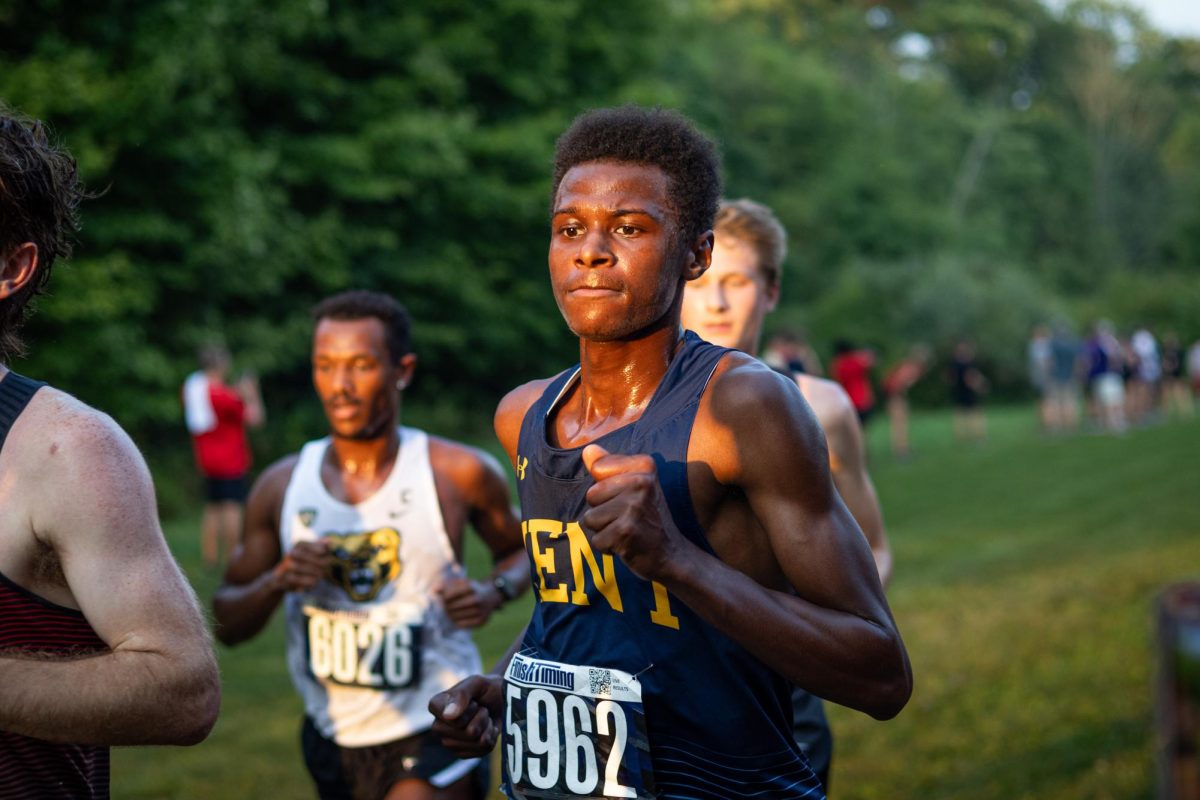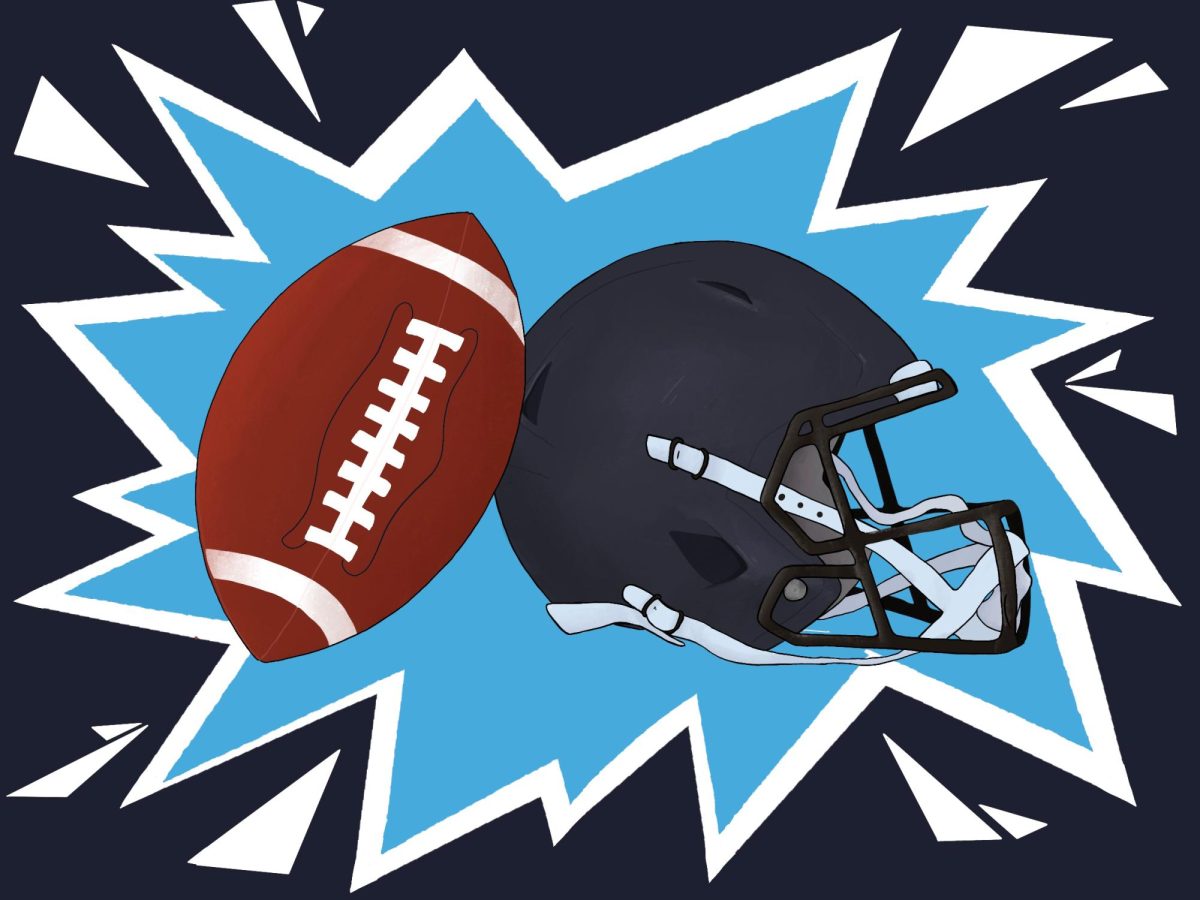Just four years ago, the 2020 NBA All-Star weekend, specifically the all-star game, was one of the most competitive we had seen in years. Since then, the weekend and main event quality has declined significantly.
Friday night
All-Star Celebrity Game
The first NBA All–Star Celebrity Game occurred during the 2002-3 season. It has never been necessarily competitive, but rather, it is more of a fun pick-up game between different types of celebrities.
This year, Stephen A. Smith and his First Take colleague, Shannon Sharpe, coached the two teams.
The two rosters were filled with athletes, actors, singers, content creators and even a chef, Kwame Onwuachi.
The game was close the whole time, and the two teams were knotted at 78 with just over five minutes to go. A 12-0 run by Team Shannon in the next minute and change put them in control, and they never relinquished the lead, winning 100-91.
Dallas Cowboys linebacker Micah Parsons scored 37 points and reeled in 16 rebounds to help him secure the game’s MVP award.
Rising Stars Challenge
Since 1994, the Rising Stars Challenge, known as the rookie challenge through 2011, has been a way for the league’s youngsters to show the teams and fans what they are capable of.
In 2022, the format changed to a four-team tournament with no clock; instead, the winner must reach a target score.
Three of the rosters were first-year and second-year players. They were drafted by the coaches Pau Gasol, Tamika Catchings and Jalen Rose. The fourth roster, which was all G-League players, was coached by Detlef Schrempf. All coaches are former NBA or WNBA players.
The target score in the semifinals was 40 points, and in the first semifinal, Team Jalen took down Team Tamika 40-35. Pacers’ second-year shooting guard, Bennedict Mathurin, led Team Jalen with 18 points.
Detlef Schrempf’s G-Leaguers took down Team Pau by a score of 41-36, led by second-year Osceola Magic point guard Mac McClung, who scored a dozen points.
The championship game’s target score was only 25, and Team Jalen got there easily, doubling up Team Detlef 26-13.
Dallas Mavericks’ center, Dereck Lively II, who only played a little over three and a half minutes, led the team with six points.
Bennedict Mathurin scored four points, which, combined with his 18-point performance in the semifinals, was enough for him to win the tournament MVP award.
Saturday night
Skills challenge
The skills challenge started in 2003 and seems to change annually. This year, there were three teams: Team All-Stars, Team Top Picks, and Team Pacers.
Trae Young, Scottie Barnes and Tyrese Maxey were on Team All-Stars, Team Top Picks included Anthony Edwards, Paulo Banchero and Victor Wembanyama, and Team Pacers spotlighted Myles Turner, Bennedict Mathurin and Tyrese Haliburton.
Each team took turns competing in three rounds, the first of which included weaving through an obstacle course and making shots from certain spots on the court.
The second round featured three large moving hoops into which the players must pass the ball. The final round was a one-minute shooting contest with five numbered locations on the court, and the players had to shoot from those spots in the order that they were numbered.
The first two rounds were worth 100 points each, and the final round was worth 200. Team All-Stars won the first two rounds, but Team Pacers won the final round, resulting in a tie.
The tie-breaking game was a timed half-court shooting contest. Team All-Stars went first, and after nearly a minute, 76ers’ shooting guard Tyrese Maxey hit the half-court shot.
In their home arena, team Pacers had 58.8 seconds to make a half-court shot to win the skills challenge, and with 20 seconds left, Tyrese Haliburton nailed one.
Three-point contest
The three-point contest is pretty simple: the players have a minute and ten seconds to shoot five racks of five balls evenly spaced across the arc. The last ball on the four racks is worth two points, and every ball on one rack of the shooter’s choosing is worth two points as well. There is also one “Starry Ball” on either side of the rack at the center of the arc. These shots are further away and worth three points.
There were eight contestants: Trae Young (ATL), Donavan Mitchell (CLE), Tyrese Haliburton (IND), Malik Beasley (MIL), Karl-Anthony Towns (MIN), Jalen Brunson (NYK), Lauri Markkanen (UTAH) and Damian Lillard (MIL).
The rules state that the three players with the highest scores advance to the championship round, but after the first round, four players were tied at 26, resulting in a tiebreaker round.
Each player had 30 seconds to shoot as many shots as they could, and unfortunately for Haliburton, he only scored 12, while Lillard and Towns scored 16, and Young scored 15.
Towns went first in the final round, and he recorded a score of 22, which was surpassed by Trae Young’s 24.
With an opportunity to win it, Lillard entered the final rack with a score of 24 and appeared to have it in the bag. However, Lillard bricked four straight but did nail the final shot to win his second straight three-point contest.
Sabrina Ionescu vs. Steph Curry
For the first time, one player from the NBA and WNBA competed in a three-point contest, which resulted in one of the more intriguing events of the weekend.
The contest between Sabrina Ionescu, one of the WNBA’s best shooters, and Steph Curry was announced in early February.
Ionescu, who agreed to shoot from the NBA three-point line, went first and started off on fire, making 13 of her first 15 shots, excluding the Starry Ball. After missing her second Starry Ball, she finished five of ten on the final two racks to record a score of 26.
Curry started one of three but was incredible afterward, making 18 of his final 20, excluding the Starry Balls, to win by a score of 29-26.
Slam dunk contest
An event that has most certainly fallen off is the slam dunk contest. Players used to pull out all sorts of amazing dunks and props, and now we get to watch Jaylen Brown dunk over someone sitting in a chair. Of course, that is not something the average person can do, but fans miss seeing Dwight Howard dunk on a 12-foot hoop or five-foot nine-inch Nate Robinson dunk over Dwight Howard in that same dunk contest.
There were four contestants in the dunk contest: Jaime Jaquez Junior (MIA), Jacob Toppin (Westchester Knicks), Jaylen Brown (BOS) and Mac McClung (Osceola Magic).
The players are judged on two dunks, and the five judges must enter a score between 30-50. The average of the five judges’ scores is what the players are given. The average scores of their two dunks are added up, and the two players with the highest scores advance to the final round.
McClung and Brown advanced to the finals, where McClung would be crowned champion for the second year in a row.
The dunks don’t seem as creative anymore, and the players are not as high-profile, resulting in less interest from fans. Two of the contestants this year are on G-League teams, so it is exciting for them to get this opportunity, but the fans would rather see stars out there.
The dunk contest is just simply not as entertaining as it used to be.
Sunday night
All-Star Game
The main event was the one that may have had the worst ratio of talent to entertainment all weekend. These guys are the best of the best, and no, they aren’t going to play like it’s game seven, but the All-Star Game looked like an optional early-season practice.
The two teams combined for 168 three-point attempts and 397 points. The game itself was nowhere near competitive. Some years, the first three quarters are relaxed, but if the game is close, the players will play with a little intensity in the fourth. This was not the case this year, as the East had a 160-136 advantage entering the fourth quarter.
The East finished the job, being the first team to ever score 200 points in an All-Star Game, winning 211-186. Damian Lillard, who knocked down 11 threes, scored 39 points and won All-Star Game MVP. He is the first player to win the three-point contest and win the All-Star Game MVP the same year.
The only good thing about this year’s All-Star Game is that the format returned to East vs. West rather than two captains drafting players, which is what was done from 2018 through 2023.
Suggestions have been made to fix the lack of competitiveness, such as the winning conference receiving home-court advantage in the finals, but that wouldn’t have been fair to the Denver Nuggets last year, who won nine more games than their finals opponent, the Miami Heat.
Something must be done, but solutions are hard to find. However, if nothing is done, then every year in February, we will be watching a two and a half hour warm up full of wide-open dunks and half-court shots.
Demetri Manousos is a reporter. Contact him at [email protected].




